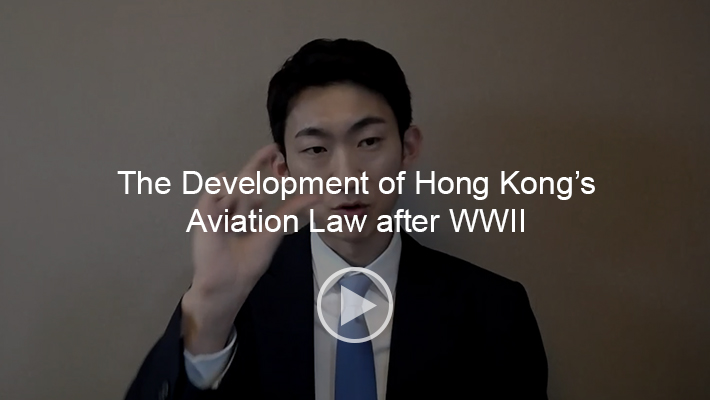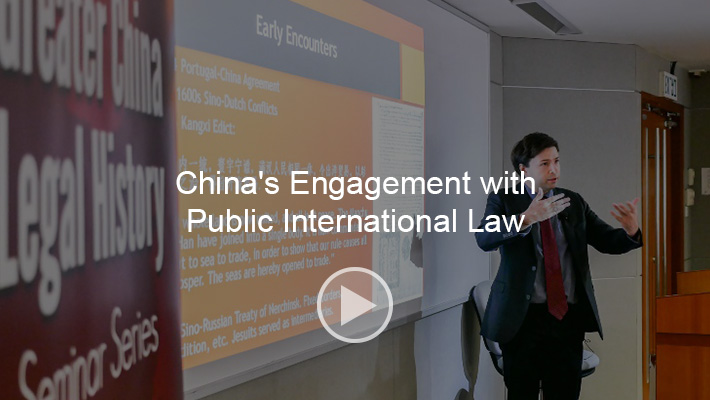
Abstract:
Despite significant reform of the law on marriage in 1971, Chinese customary law in relation to the formation of marriage and other family relationships continues to be relevant in Hong Kong family law today. This presentation explored the ongoing impact of Chinese customary law in terms of status, family finance and family obligations including the categorisation of familial relationships, legitimacy and eligibility for maintenance and inheritance. The reasons for legislative overriding of Chinese customary family law were discussed and the effectiveness of the legislation in achieving its stated aims were considered.
Biographies:
Anne Scully-Hill (LL.B [hons] and LL.M Lond.) has been Associate Professor at the Faculty of Law at The Chinese University of Hong Kong (CUHK) for the past eight years. Prior to coming to Hong Kong, she lectured in law in London for several years . Prof Scully-Hill’s research interests include public law and family law. She is the co-author of Hong Kong Administrative Law (2010) and the author of several articles and commentaries on family law and child law including publications in the Child & Family Law Quarterly, The International Survey of Family Law, the Hong Kong Law Journal and the Annotated Ordinances of Hong Kong. Prof Scully-Hill is an accredited mediator and an advisor to the Hong Kong Ombudsman.
Judith Sihombing (LL.B Melb. and LL.M Malaya) is Barrister and Solicitor of the Supreme Court of Victoria and of the High Court of Australia. After long years of teaching at the University of Hong Kong (HKU) and the University of Malaya, she now teaches part-time in the Faculties of Law at CUHK and HKU. Prior to teaching, she spent a short time in practice in Melbourne; and she was a consultant to the Legal Aid Bureau in Malaya in its early days. Her main areas of publications are property, commercial, corporate and financial laws, with an interest in customary laws from Sumatera, Malaysia and the Hong Kong New Territories.
The Hong Kong Law Society has awarded this seminar 1.5 Continuing Professional Development (CPD) points.








































